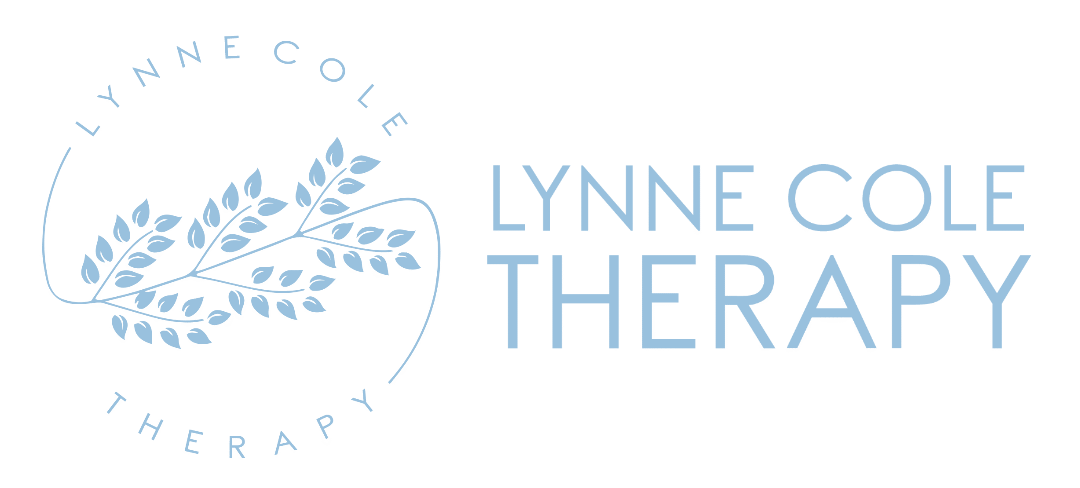Written By: Lynne Cole – Therapist & Counsellor | Last Updated: January 2025
Disappointment is an inevitable part of life. Whether it stems from personal relationships, professional setbacks, or unmet expectations, everyone faces moments when reality doesn’t align with their hopes. Although disappointment can feel overwhelming, it also offers an opportunity to grow and develop emotional resilience. With the right help and expertise, you can find ways to make disappointing events feel less daunting.
In this guide, we’ll explore actionable strategies to help you navigate and cope with disappointment. By acknowledging your feelings, understanding your expectations, and taking practical steps, you can regain your footing and move forward with renewed clarity and purpose.
Table of Contents
ToggleAcknowledging and Validating Your Feelings
When disappointment strikes, the first and most vital step is to acknowledge and validate your emotions. Suppressing or ignoring how you feel might seem like a quick fix, but it often leads to greater emotional distress over time.
Burying feelings of disappointment can lead to unresolved emotional baggage, which may resurface later in harmful ways, such as increased stress or anxiety. Recognising and naming your emotions allows you to process them and take the first step towards healing.
The most important thing to remember when dealing with disappointment it to treat yourself with kindness.
Avoid self-criticism and remind yourself that it’s okay to feel disappointed. Self-compassion fosters emotional recovery by creating space for understanding and healing. For example, instead of thinking, “I shouldn’t feel this way,” try, “It’s natural to feel upset about this, and I’m allowed to take the time I need to process it.”
A helpful exercise can involve writing a compassionate letter to yourself. Imagine you are speaking to a close friend who is going through the same situation. What would you say to them? Writing these thoughts down can be a powerful way to practice self-compassion and reframe your perspective.
Understanding Expectations
Disappointment often arises from a mismatch between our expectations and reality. By examining your expectations, you can better manage future disappointments.
Realistic vs. Idealistic Expectations
Ask yourself whether your expectations were realistic. Sometimes, we set the bar impossibly high, leaving little room for error or unpredictability. For instance, expecting to master a new skill overnight is idealistic, whereas recognising the need for time and practice is more realistic.
Additionally, external influences such as social media can distort our perception of what’s achievable. Comparing ourselves to others who appear to have everything figured out can exacerbate feelings of disappointment. Remind yourself that social media often showcases highlight reels rather than reality.
Cognitive reframing helps shift your perspective. Instead of viewing a setback as a failure, consider it an opportunity for growth. For example, if you didn’t land a desired job, reframe the situation: “This might open the door to a role that’s an even better fit for me.”
It’s helpful to ask questions like, “What can I learn from this?” or “How can this experience make me stronger?” These questions encourage a growth mindset, enabling you to focus on possibilities rather than limitations. You can learn cognitive reframing with the help of a qualified therapist.
Actionable Steps to Cope With Disappointment
Focus on Controllable Scenarios
Identify what’s within your control and take action. If a project didn’t go as planned, reflect on what you can improve next time rather than dwelling on external factors you couldn’t influence.
Practice Gratitude
Shifting your focus to the positives in your life can help counterbalance feelings of disappointment. Consider keeping a gratitude journal to list things you’re thankful for, no matter how small.
For example, even on a difficult day, you might find gratitude in a supportive friend, a comforting meal, or a moment of sunshine. Over time, this practice can help rewire your brain to notice the good, even in challenging times.
Healthy Distractions
Engage in activities that bring you joy or relaxation, such as exercising, reading, or spending time with loved ones. Healthy distractions give your mind a break, enabling you to return to the situation with a clearer perspective.
Seek Support
Talking to someone you trust can make a significant difference. Whether it’s a friend, family member, or therapist, sharing your feelings can help you process your disappointment and feel less alone. Sometimes, simply verbalising your thoughts can provide clarity and relief.
Setting Realistic Goals
Setting achievable goals can help prevent future disappointments while fostering a sense of accomplishment and progress.
Using the SMART Goal Framework
The SMART framework (Specific, Measurable, Achievable, Relevant, Time-bound) is an effective tool for setting goals. For example, instead of resolving to “get fit,” aim to “exercise for 30 minutes, three times a week over the next month.”
Breaking larger goals into smaller, actionable steps can also make them feel more manageable. If your goal is to write a book, begin by dedicating 15 minutes a day to brainstorming ideas or writing a single paragraph. Each small step builds momentum towards your ultimate objective.
Celebrate Small Wins
Acknowledge and celebrate your progress, no matter how minor it seems. Small victories build momentum and help you maintain a positive outlook.
Celebrating wins doesn’t have to be elaborate. Reward yourself with something meaningful, like enjoying your favourite treat, taking a relaxing bath, or sharing your success with someone who supports you.
Developing Emotional Resilience
Resilience is the ability to bounce back from setbacks. By cultivating this skill, you’ll be better equipped to handle disappointment in the future.
Reflect on previous disappointments and identify what you’ve learned; perhaps a past experience taught you patience, adaptability, or a new skill. Use these insights to guide you moving forward.
Consider keeping a reflection journal where you document how you overcame challenges. Revisiting these entries can remind you of your strength and growth during tough times. Develop healthy habits that strengthen your mental health, such as mindfulness, journaling, or seeking support from friends, family, or a therapist. Regularly practising these techniques builds resilience over time.
Mindfulness, in particular, can help you stay present and reduce overthinking. Simple practices like focusing on your breath or engaging in a guided meditation can bring a sense of calm and perspective during moments of distress.
Resilience also involves flexibility and the ability to adapt to changing circumstances. Instead of rigidly clinging to one outcome, practice openness to alternative possibilities. Flexibility allows you to find opportunities in unexpected places and reduces the sting of unmet expectations.
Summary and Key Takeaways
Disappointment, while painful, is an opportunity to grow. By acknowledging your feelings, examining your expectations, and implementing practical strategies, you can turn setbacks into stepping stones for personal development. Remember:
- Validate your emotions with self-compassion.
- Reflect on whether your expectations were realistic.
- Focus on what you can control, and practise gratitude.
- Set SMART goals and celebrate incremental progress.
- Build resilience by learning from past experiences and adopting healthy coping mechanisms.
- Embrace flexibility to adapt to changing circumstances.
If you’re struggling to move past disappointment or want personalised support, I encourage you to reach out.
At Lynne Cole Therapy, I provide empathetic, professional guidance to help you navigate life’s challenges. Together, we can work towards a brighter and more resilient future.

